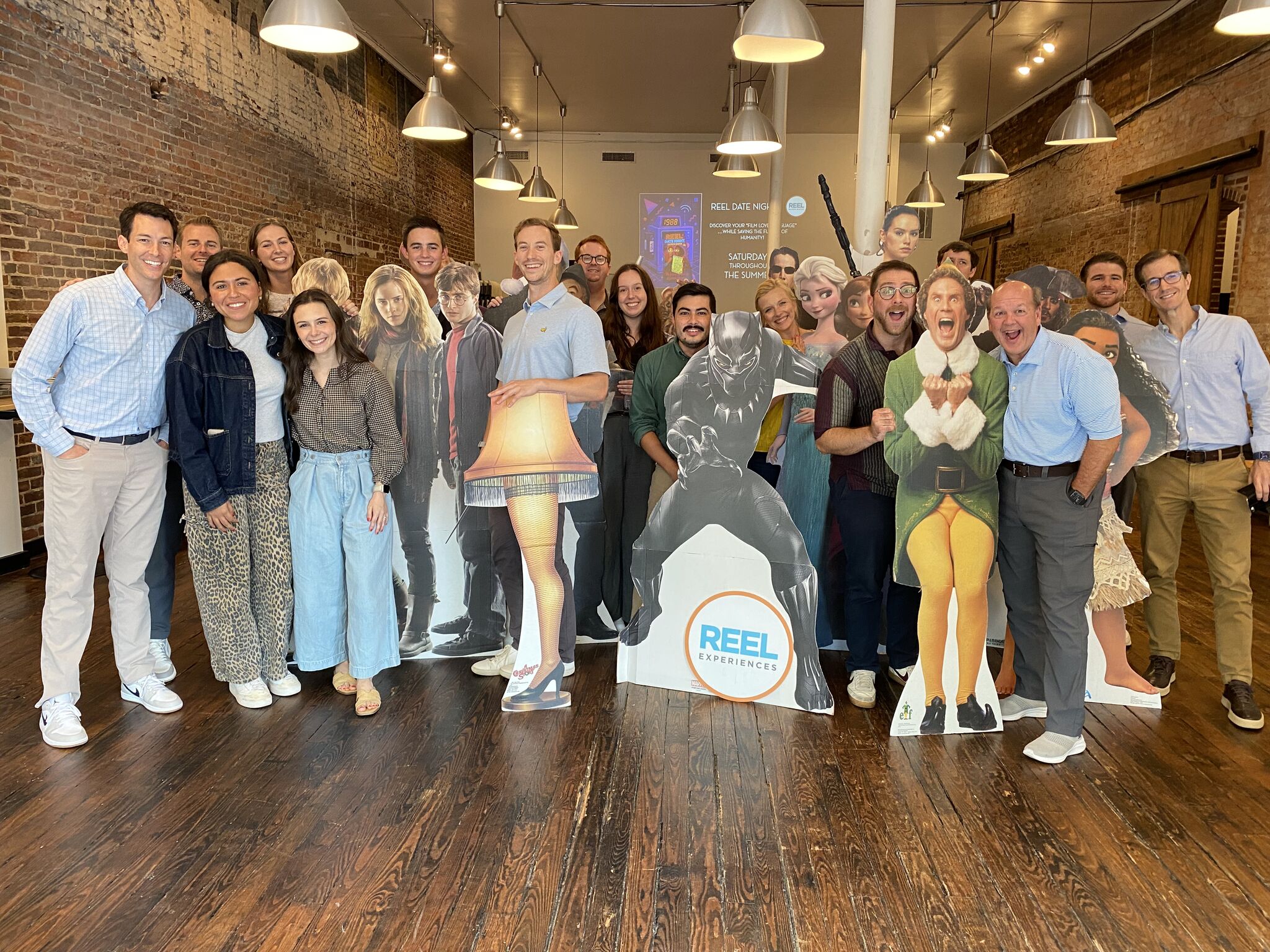Has your mind ever wandered at a stoplight?
The other day, I was driving down the road and approached a familiar intersection. The stoplight turned yellow, then red, so I slowly rolled into a stop. I took advantage of this free moment to adjust the air, change the radio station, check the time, and before I knew it, my mind began to drift to the things that needed to get done before the end of the day.
All of the sudden, the car on my left moved forward, but I felt like I was moving backward. I slammed on the brakes and searched for something stationary, like a tree or a building, to fix my eyes on and confirm that I was standing still.
In this moment, I was searching for something to confirm that I was stopped. The car beside me was a moving object and I needed something constant, consistent, and immovable to see whether or not I was grounded in place. This situation got me thinking about other times that we search for something anchored to determine our position. As our culture shifts, and our values are challenged now more than ever, aren’t we also searching for something to fix our eyes on to confirm we’re standing still?
Today, it’s tempting to base our values on the changing tides of culture. As an organization, you want to stay relevant. As an individual, you want to fit in with your peers. As a movement, you want to attract more people.
But if you’re measuring your values against a moving target, your identity is as grounded as a ship without an anchor.
If an organization's values are based on the personality of its CEO, it won’t have the consistency that customers desire. If a church’s doctrine is based on cultural trends instead of the Bible, it will not teach its members lasting truth. If an individual’s values waver with the tide of popular opinion, they will never really know who they are and what they believe.
In order to be successful, we must stay true to our values, and we’ll only stay true to our values if they are rooted in something lasting and secure. Companies should be able to stand on their values like the wise man who built his house on the rock. “And the rain fell, and the floods came, and the winds blew and beat on that house, but it did not fall, because it had been founded on the rock” (Matthew 7:25).
Time will pass, trials will come, and cultures will change, but if your company can stand on its values, its identity will remain pure. This standard may be different for you than it is for me, but it should always stand firm in the midst of change. Let’s take a look at what the following successful businesses have chosen to value based on their mission statements.
Chick-fil-A: “To glorify God by being a faithful steward of all that is entrusted to us and to have a positive influence on all who come in contact with Chick-fil-A.”Whole Foods: “Our deepest purpose as an organization is helping support the health, well-being, and healing of both people — customers, Team Members, and business organizations in general — and the planet.”
The American Red Cross: “To prevent and alleviate human suffering in the face of emergencies by mobilizing the power of volunteers and the generosity of donors.”
Patagonia: “Build the best product, cause no unnecessary harm, use business to inspire and implement solutions to the environmental crisis.”
IKEA: “Our vision is to create a better everyday life for many people. Our business idea supports this vision by offering a wide range of well-designed, functional home furnishing products at prices so low that as many people as possible will be able to afford them.”
American Express: “At American Express, we have a mission to be the world’s most respected service brand. To do this, we have established a culture that supports our team members, so they can provide exceptional service to our customers.”
Each set of values, while very different, have a common thread—they are rooted in something that will stand the test of time. Have you established your values? If so, take some time to evaluate them to see if they will stand firm in our changing culture.
If not, work to make your values clear to your team and customers, so your company has an anchor to look to as you grow.

























.svg)




